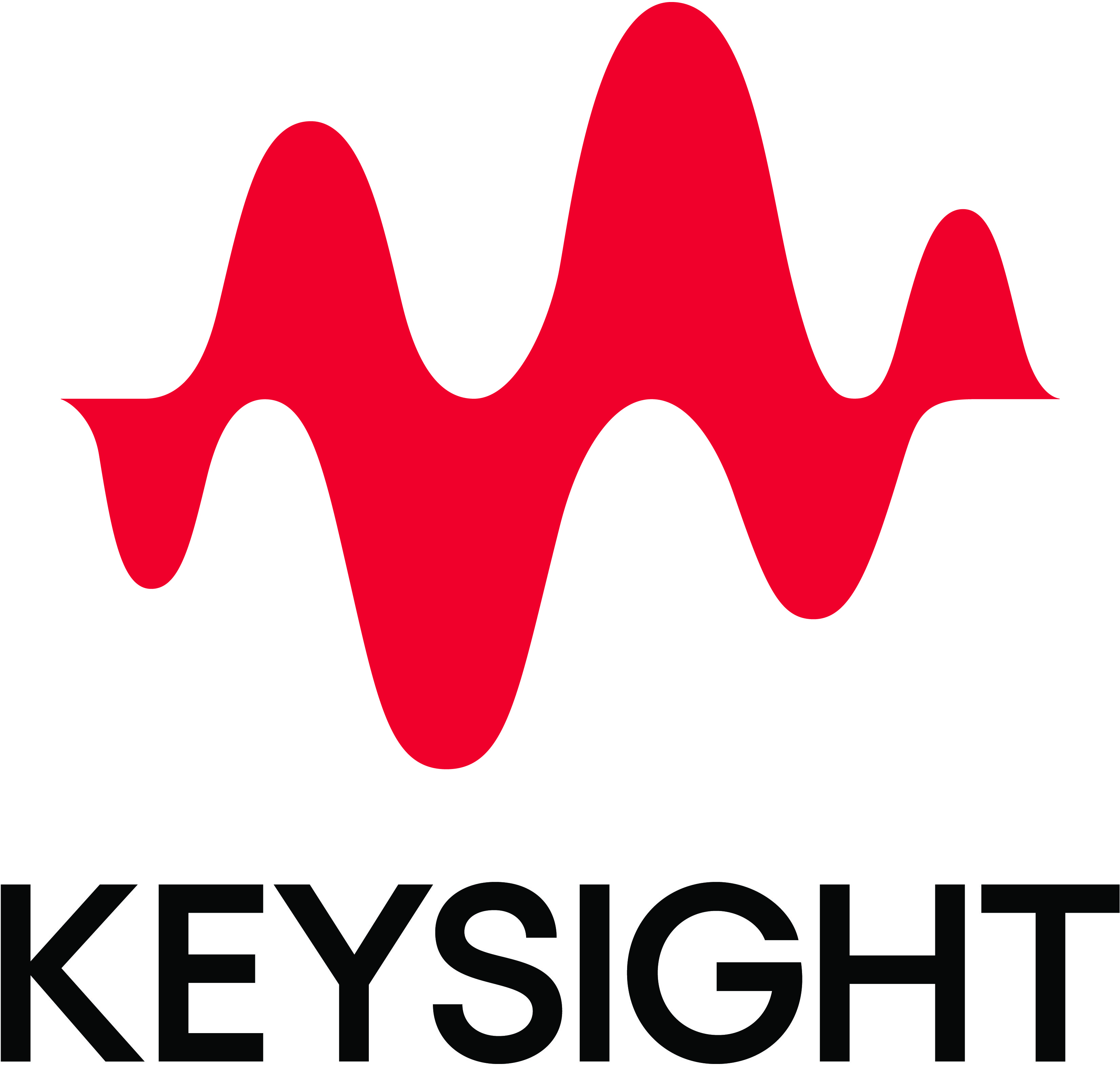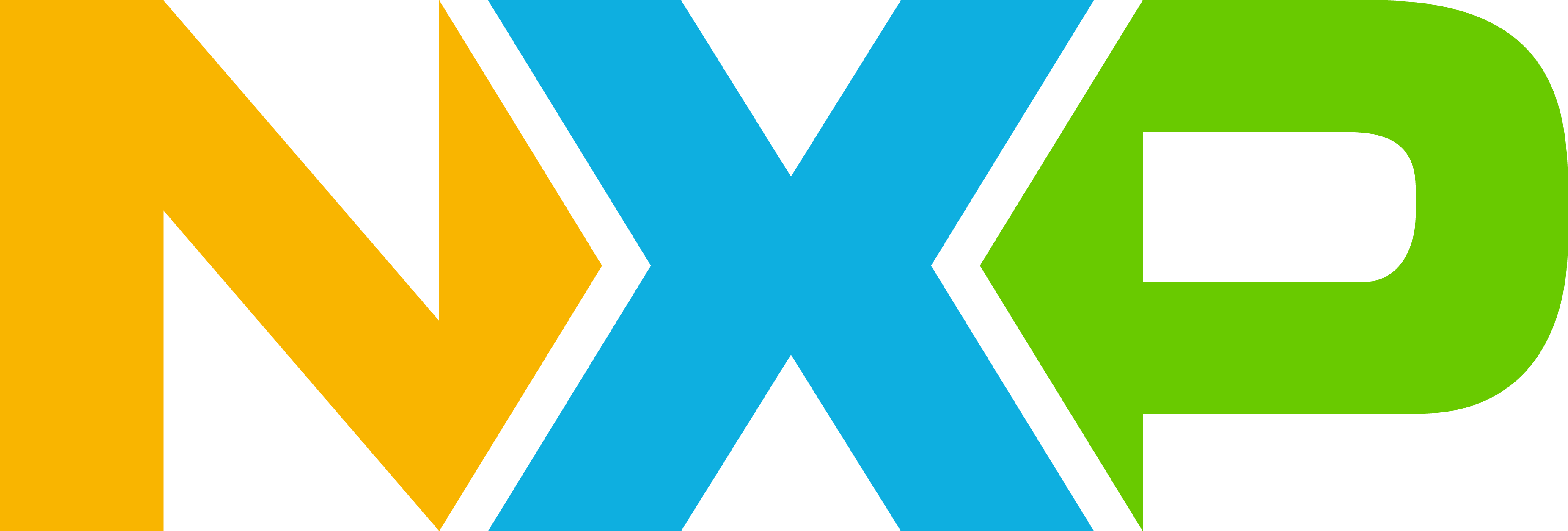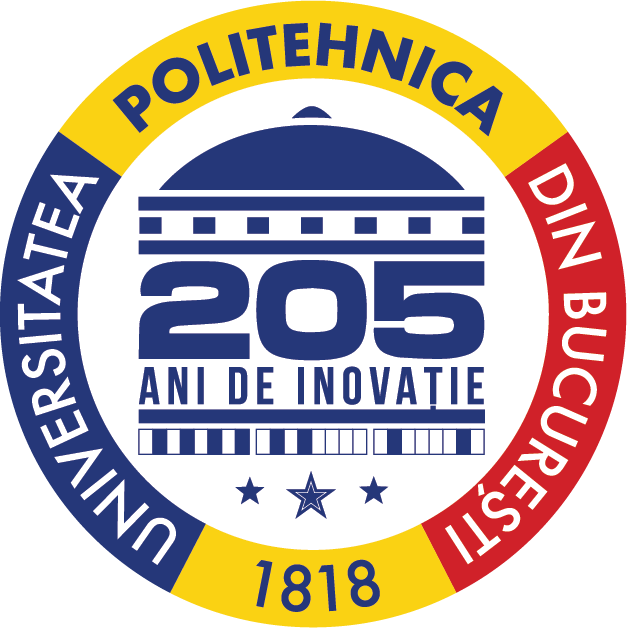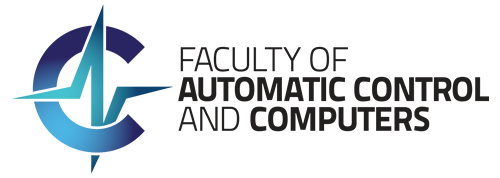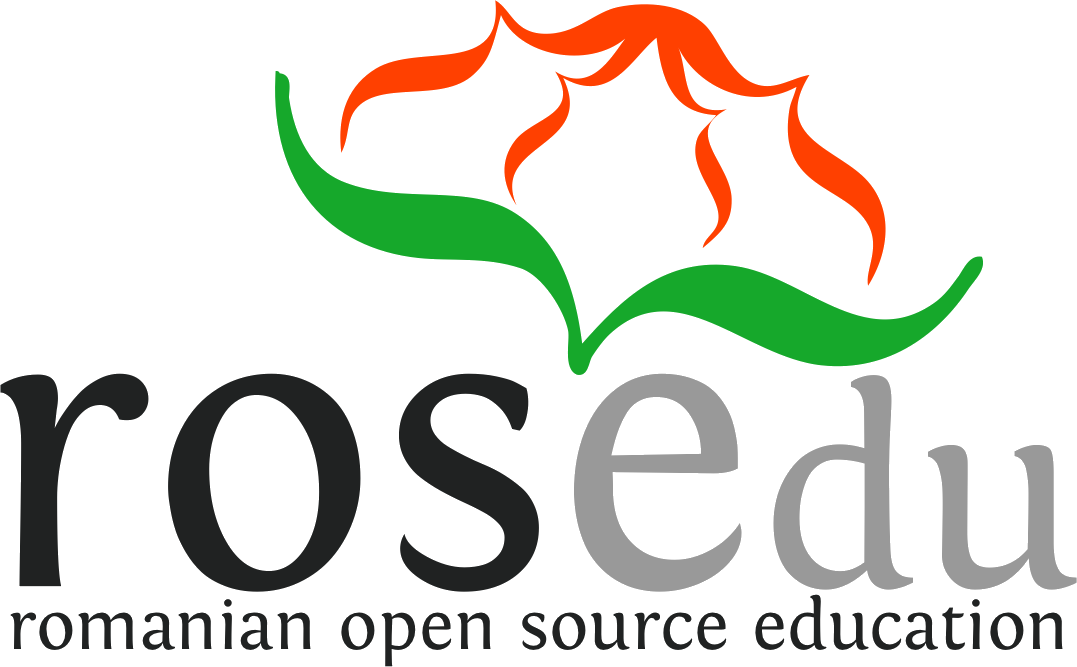About
OmniOpenCon is a gathering of people, projects and communities involved in all things open: open source, open data, open science, open hardware, open education. We value openness, freedom and sharing and we want to bring together all who share these beliefs.
OmniOpenCon is free as in free speech and as in free beer: everyone is welcome to attend for free, and all information and resources are publicly available. We follow the example and the spirit of FOSDEM.
The 3 day event consists of hands-on workshops in the first day (Friday, October 17, 2025), and talks on the second and third day (Saturday and Sunday, October 18-19, 2025). We welcome everyone to attend, either as a speaker, workshop organizer or participant. See you soon!
Join us on Discord for discussions, suggestions and interaction with speakers and participants 🤝
Proudly brought to you by POLITEHICA Bucharest, Faculty of Automatic Control and Computers and ROSEdu 🚀
Location
UNSTPB Central Library, POLITEHNICA Bucharest - Splaiul Independenței 313, Bucharest
Call for Speakers
We welcome speakers from all places and organizations to share their knowledge, insights and results in open source, open data, open education, open hardware, open governance, open science and all things open.
Submit a proposal for a talk (20 minutes) or a practical workshop (100 minutes) on Sessionize.
Deadline for submission is Wednesday, September 10, 2025, 11:59pm EEST
Schedule
OmniOpenCon is a three-day event. We aim to capture as much of the spirit of open source in talks and workshops workshops and hacking sessions. Full schedule (speakers, presentations, workshops) will be detailed in the coming days.
Day 1: Workshops (Friday, October 17, 2025)
Workshops are practical hands-on activities where you can find out about a project or delve deeper into a topic. Each workshop is allocated 2 hours. Each workshop can host at most 30 participants.
Each workshop takes place in its own room. WiFi is available. Please bring your laptop.
Please apply to workshops on the links below:
Git Good - An essential guide To Git: https://luma.com/4bll9qa1
Build a peer to peer content delivery network using iroh connections and the iroh-blobs protocol: https://luma.com/q0tcx3zy
Roundtable: Education and Training in the Digital Twin Era: https://luma.com/efy2soyd
LED Badge Programming Fun: https://luma.com/65zu163d
How to create, deploy and run decentralized code: https://luma.com/w4277elt
From Zero to Website in 100 Minutes: https://luma.com/r2ydhhoc
Virtualization using the Command Line: https://luma.com/t5004zst
Integrating Collabora Online into a web application: https://luma.com/netsg374
Roundtable: Digital Twins and the Future of Sustainable Systems: https://luma.com/3qvj2g6e
Unikraft: a Fast, Secure and Open-Source Unikernel Development Kit: https://luma.com/sz4v4ax9
Prototyping Futures: The Open Governance of AI: https://luma.com/n56h3mph
Hacking Biology: Building Bio-Agents with MCP: https://luma.com/28md8xi8
Day 2 & 3: Talks (Saturday and Sunday, October 18-19, 2025)
Talks will be delivered in English. Each talk is allocated a 30 minutes talk: 20 minutes for the talk itself, 3-5 minutes for questions. Each speaker will use their own laptop, together with their demos and setup for the talk.
Full Schedule
Sponsors
Organizers
Code of Conduct
We follow the example and the spirit of FOSDEM.
In order to keep the even a fun, interesting and positive experience for everybody, we expect participants to follow our code of conduct.
OmniOpenCon aims to be a free, open and cooperative event.
This means we expect collaboration from all the event participants, and for everybody to behave respectfully towards all others, including those that are different or think differently from themselves.
Please be helpful, considerate, friendly, and respectful towards all other participants and respect the environment.
We don't condone harassment or offensive behaviour at our conference. We consider it against our values as human beings.
We're voicing our strong, unequivocal support of exemplary behaviour by all participants.
Please bring any concerns to the immediate attention of our coordinating team via the contact methods below or ask any staff member during the event to help you out.
Thank you and remember to have fun! 🤝
Contact
If you want to give a talk, or hold an workshop, or anything else related to OmniOpenCon, let's get in touch:
